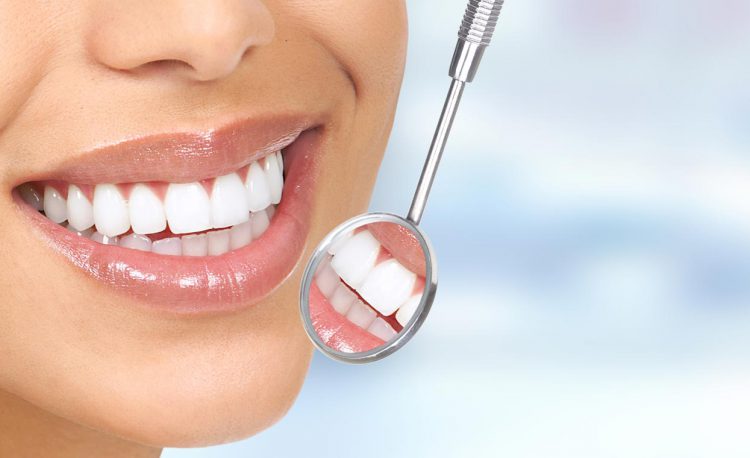General Dentistry
Initial Consultation
The first people you will meet will be our friendly reception staff, who will ask you to complete a medical form. At your consultation you will have the opportunity to discuss any dental concerns you may have or how you would like your teeth improved and also the nature of treatments, you might require in future.
Study models are taken to study your case in your absence and show you a mock up of final outcome of the procedure; we plan for you. This is mostly required for smile designing, orthodontics, full mouth rehabilitation programs, implants etc.
Dental CT Scan and Digital X-ray
Dental CT scan that involves 3D view of entire oral maxillofacial region (Galileos Compact, 3D Scan machine from Sirona) will also be taken of your teeth. A three-dimensional model of the mouth is a supreme assistance for implantology when planning tooth implants, but is correspondently popular for other fields of dentistry.
- Detect abscess or cyst on the roots of your teeth.
- Provides cross-sections through bone matter
- Provide panoramic x-rays that dentist use to analyze complex treatments
- Root positions
- Measures bone density, bone and jaw deformity and assessment of sinus
- Bone quantity prior to orthodontic space closure.
- Oral cancer
- CT scans are essential for the accurate placement of dental implants.
Teeth Care Dental Clinic was the one of the first Indian clinic to acquire this technology.
Digital X-rays- Digital x-rays are computer-generated images. These images require up to 90% less radiation than with conventional film type x-rays. Instead of using the traditional silver-oxide x-ray film that must be developed and then fixed in caustic and environmentally damaging solutions, the new system takes pictures via a small electronic sensor and instantaneously transmits a picture of the tooth onto the video monitor in the treatment room. Therefore, we can see your teeth and surrounding structures immediately.
Treatment Planing
Your dentist will give you a full oral assessment to help accurately plan which treatments would be best for the health of your mouth. During this examination we will be looking at
- Teeth and the way you bite
- Original restorations – Filling, crowns, veneers etc
- Treatment needed-implants, bone graft, bone augmentation etc.
- The health of your gums and surrounding bone around each tooth
- Your tongue, throat, cheeks & lips for signs of oral cancer
- Jaw joint evaluation
- Necessary photographs and video recordings of your jaw mouth and face will be taken
Once the examination is complete the dentist will discuss the findings with you.
We will then create a treatment plan with alternative options for you, including all the benefits and risks of each procedure and the costing. This will allow you to decide what is best for your long term dental health. All treatment proposals are based on sound clinical diagnosis and treatment is not commenced without the full informed consent of the patient. A printed estimate of the cost of treatment is produced, and any change to the treatment plan required during treatment is explained.
RECALL: The appropriate recall interval is decided for your next dental health check-up and our robust recall system is updated for your reminders.
Scaling and Polishing(For Stain Removal)
This is a prophylactic treatment and is a must for every individual. Scaling is to be done every three months for better hygiene maintenance. Overtime the tooth surface can become stained by food and drinks, such as tobacco, black tea, coffee, medicines and also cigarettes. The tooth surface can look discolored, and patient’s can feel embarrassed by their smile.
Staining can be removed easily by professional polishing leaving the mouth fresh and the tooth surface clean and restored to its natural colour.
Sometimes there is inflammation of the gums leading to bleeding from gums, pus, discharge and mobility of teeth. This is because of bacteria leading to bone loss. This also can cause major ailments in body like diabetes, heart diseases pneumonia etc.
Plaque, which is made up of bacteria and food debris, sits on the tooth surface and can be easily removed by brushing alone. If left, plaque then mixes with saliva and forms hard deposits on the teeth known as tartar or calculus. This cannot be removed by brushing and needs professional removal by your dentist, hygienist or therapist.
If tartar is left, the gums (gingiva) become very irritated and inflamed resulting in bleeding when brushing your teeth and often an unpleasant taste in your mouth.
The removal or tartar is done mechanically by dental scaling. Once tartar is removed from the tooth surface, the area will be easier to clean and effective regular twice daily tooth brushing and flossing can resolve any inflammation left behind.

